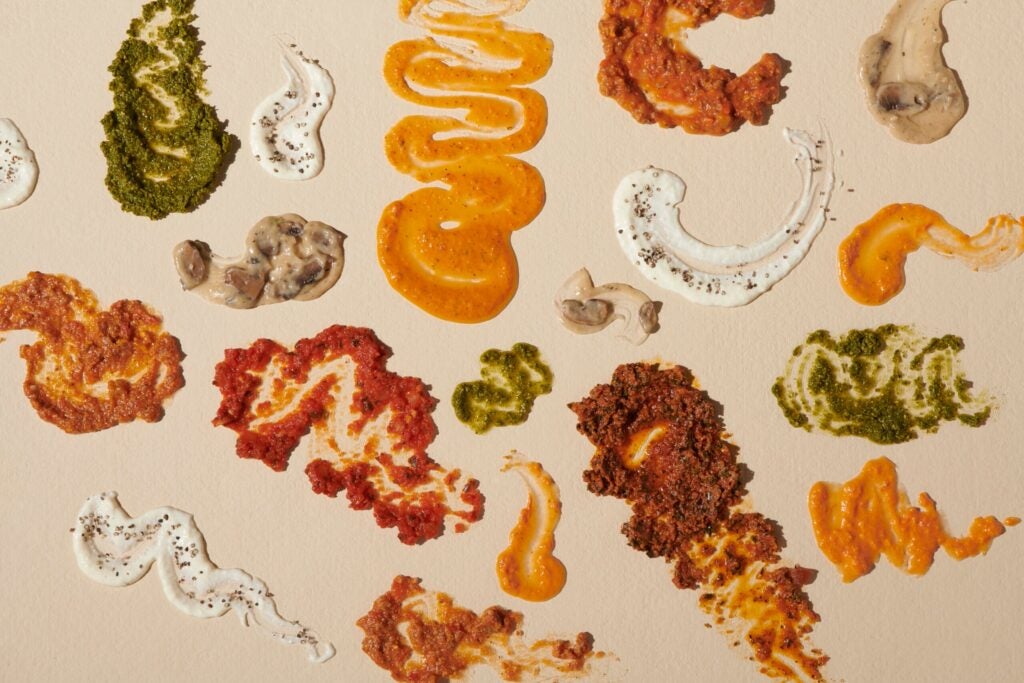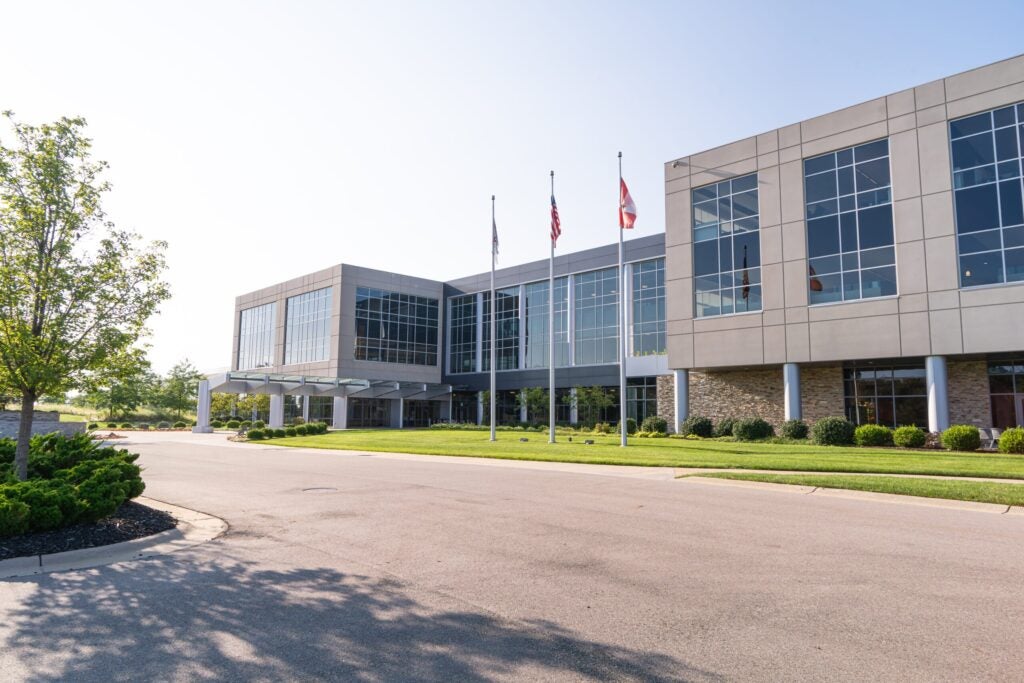D.I.C.E.D. opens restaurant careers for at-risk students.
In a world where rising prices keep things out of reach for many, one thing should always be affordable: an education. That’s Chef Don Guthro’s recipe for life. His mission is to provide tuition-free culinary training as a gateway to a foodservice career.
His program is called Diverse Innovation in Culinary Educational Development, D.I.C.E.D. for short. The Vancouver culinary school introduces at-risk students to the restaurant hospitality industry through cooking and kitchen techniques that translate into life skills.
It’s a for-profit business with a social purpose. Gordon Food Service supplies products for Guthro’s D.I.C.E.D. restaurant, catering, meal delivery program and proprietary products. D.I.C.E.D. profits are used to fund the classes.
“I look at education very differently than most people. I think it’s something that is given, not something you have to pay an arm and a leg to receive,” he said. For people living below the poverty line or unable to pay the modest $895 tuition, D.I.C.E.D. sponsors the courses, making education accessible and careers possible.
Getting a culinary education
Before the pandemic, classes were conducted in a brick-and-mortar location. Teaching now takes place via online modules and video-to-video evaluations between students and educators. Courses follow the International Trade Association format and come in four segments—fundamentals, intermediate, advanced, then butchery and baking and pastry.
 Students completing courses earn their first- and second-level education diploma. After that, budding culinarians can seek their Red Seal by finding a location and applying with the support of the D.I.C.E.D. team.
Students completing courses earn their first- and second-level education diploma. After that, budding culinarians can seek their Red Seal by finding a location and applying with the support of the D.I.C.E.D. team.
“We like to have the chefs they are employed with support them and bring them on for a 2½-year apprenticeship,” Guthro explained. “They can follow that path and get through their Red Seal education.”
Looking back, paying it forward
The idea for a culinary program started in 2010, when Guthro landed in British Columbia following nearly three decades as an accomplished chef, restaurant owner and consultant. Disillusioned that culinary schools prioritized revenue and sought international students who often left the country after training, he looked for a way to tap into homegrown talent—people with dreams but no means.
“I came from a home with a single mom and five kids on a farm in southern Ontario. We were poor,” Guthro recalled. “I know there are a lot of individuals who get forgotten, don’t have the money or can’t find the funding to go to school.”
After finishing a consulting job in Whistler, his school became a reality when he connected with a homeless shelter in north Vancouver. He asked if he could use the food they received to develop an educational program. He and his students made meals that were served at the shelter.
Since then, it has grown to two production kitchens that make 1,000 meals a day for at-risk and homeless people in Vancouver and Surrey. Students who go through the culinary program are employed to get practical experience.
Opening culinary doors
As a businessman, Guthro knows sometimes all people need is an opportunity. As a chef, Guthro knows perfect meals require kitchen choreography. Opportunity and dancing … two things he understands well.
Once a teenage track star, Guthro’s legs earned him an educational opportunity at George Brown College in Ontario, where he did professional chef training. After college, he used his legs as a professional dancer with Royal Winnipeg Ballet and the San Francisco Ballet.
“As an athlete, I knew I would need something when those days ended,” he said. “What I didn’t count on was a shattered kneecap that stopped my career overnight.”
As a second-level cook, he jumped right into the restaurant industry, working in Canada and then France and Italy before returning to North America. Austrian Chef Heinz Kattenfeld at Winnipeg’s Amici restaurant influenced Guthro to focus on issues in the industry. Guthro went back to school to study the financial and operational side of the business.
Making a culinary difference
So far, D.I.C.E.D. has graduated over 500 students and conducted about 800,000 classroom hours. It’s also sharpened about 5 million knives, Guthro said with a smile.
One student that stands out was a man in his mid-40s who came back to work with Guthro after graduating and working elsewhere for two years. After his coursework and on-the-job experience, the man achieved his goal of opening a small breakfast place—a tall order for many culinary-school graduates.
“We don’t want [students] to have huge debt when they finish school and go work in the industry, maybe for minimum wage, at first,” Guthro explained. “That’s very challenging for a lot of individuals, and there are culinary graduates who go somewhere else because they can’t afford to pay off that debt. What we want to try to do is have them employed.”
While D.I.C.E.D. may not make a dent in the restaurant labour shortage, it’s making culinary careers accessible and affordable. For Guthro, that’s a dream realized.










